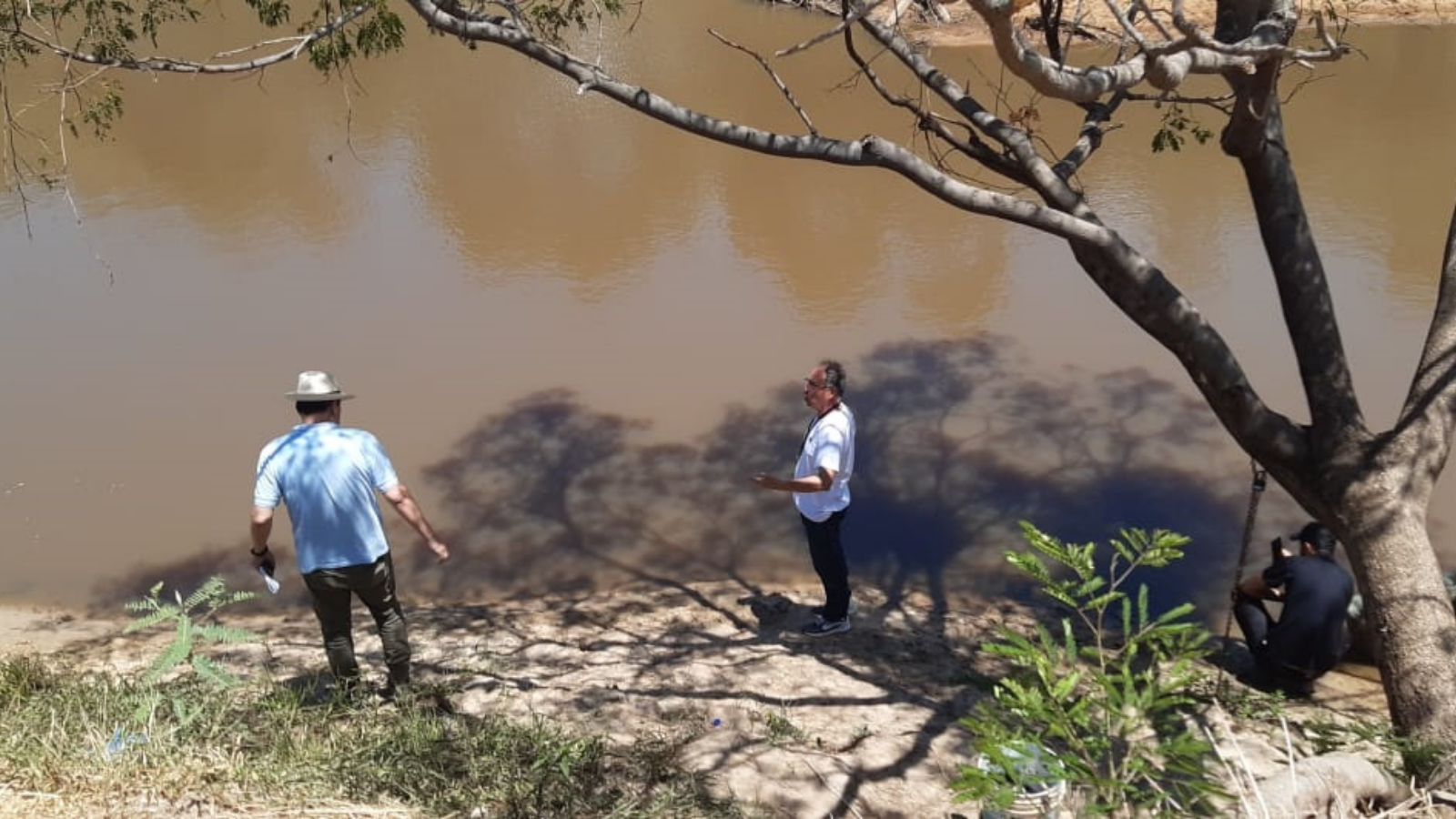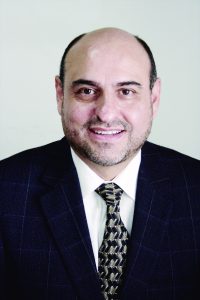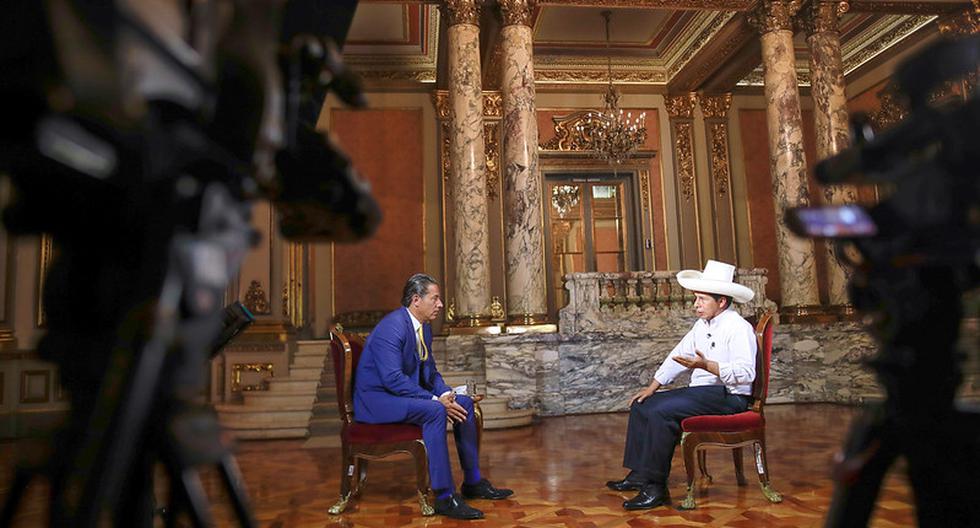The tragic death of Francisco Villalba Cubas, a 52-year-old fisherman from Coronel Oviedo (Caaguazú), during a day of demonstrations against the irregular pumping of the Tebicuary River, put the work of the rice farmers at the center of public opinion.
Villalba Cubas died after the attack of three young men who were previously involved in a fist fight with the victim and other protesters.
The demonstration was due to the downspout that the river has and that affects both fishermen and the rest of the population. They demanded that the rice farmers stop pumping.
This is not an isolated incident. Since 2017, social organizations such as Defensores del Río Yhaguy and the Citizen Comptroller of Primero de Marzo (Cordillera), have been denouncing the pumping of said watercourse. In this case, the company denounced is Ganadera Piri Puku SA of Fernando Serrati.
However, despite filing complaints with the relevant entities, three years later, they continue to suffer from the scourge.
DO NOT GENERALIZE
Ignacio Heisecke, president of the Paraguayan Chamber of Rice Industrialists (Caparroz), said that there is a unique drought in the region that has not been seen in more than 30 years. In addition, he highlighted that there are water courses where there is no influence from fishermen or rice farmers, but they are still drying up.
“There is a hydric stress that has not been seen for a long time. From the union point of view, we have been working with the Ministry of the Environment (Mades) for more than fifteen years. In different riverbeds where rice producers work”, he pointed out.
Regarding the case of the Tebicuary River, he affirms that for 15 years they have been taking measurements to know exactly if they can pump.
“When the numbers indicate that the river cannot be used, the rice grower must resort to the reservoirs. From then on, the responsibilities are unique to the producer, they must be located with their first and last name to the people who are extracting water from the river when conditions do not allow it, ”he said.
In other words, the head of the union urged not to generalize to all rice farmers as the cause of environmental impact.
“This overcrowding of rice farmers as the cause of the problem seems very unfair to us. From the moment one extracts the license, that producer is responsible for his actions”, he stated.
VIOLENCE
Regarding the tragic death of the fisherman, the businessman stated that the producers had nothing to do with it.
“It was a brawl over a misunderstanding. It has nothing to do with the demonstration that was taking place. You have to separate things, mixing and distorting. Everyone has responsibility for their actions,” she said.
BENITEZ
Víctor Raúl Benítez, an economist, business analyst and director of the investment company Planner Capital, explains that 80% of the rice produced in the country is exported. The main buyer is Brazil.
“If Sao Paulo finds out that Paraguayan rice is illegal and informal, as a result of the theft of public waters, a boycott could take place that will cause half of the sales to be lost,” he said.
He warned that the rice farmers are playing with fire with this situation. He urges the construction of gigantic breakwaters as is done in the Chaco.
The analyst points out that if the Brazilian Institute of the Environment (Ibama) finds out about this situation with the producers, problems may arise when exporting these cereals.
“The most important thing is that the purchasing countries have very strict environmental protection laws. I am concerned that we are doing environmental dumping, destroying the environment to produce a cheap product,” he said.
Finally, he recommended Caparroz to make complaints to the offenders so that it is not generalized to all producers as offenders of the environment.






